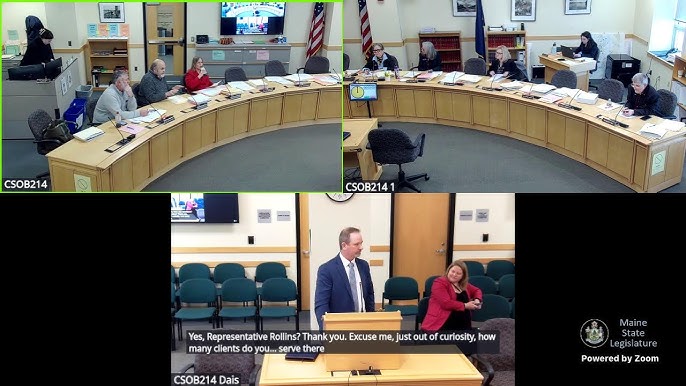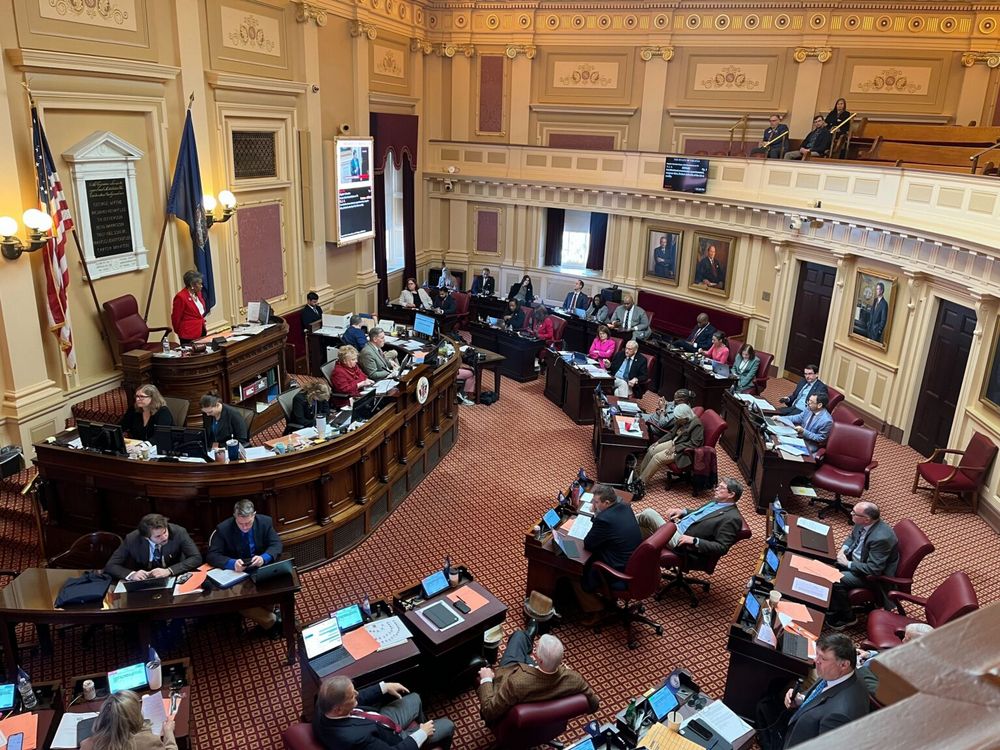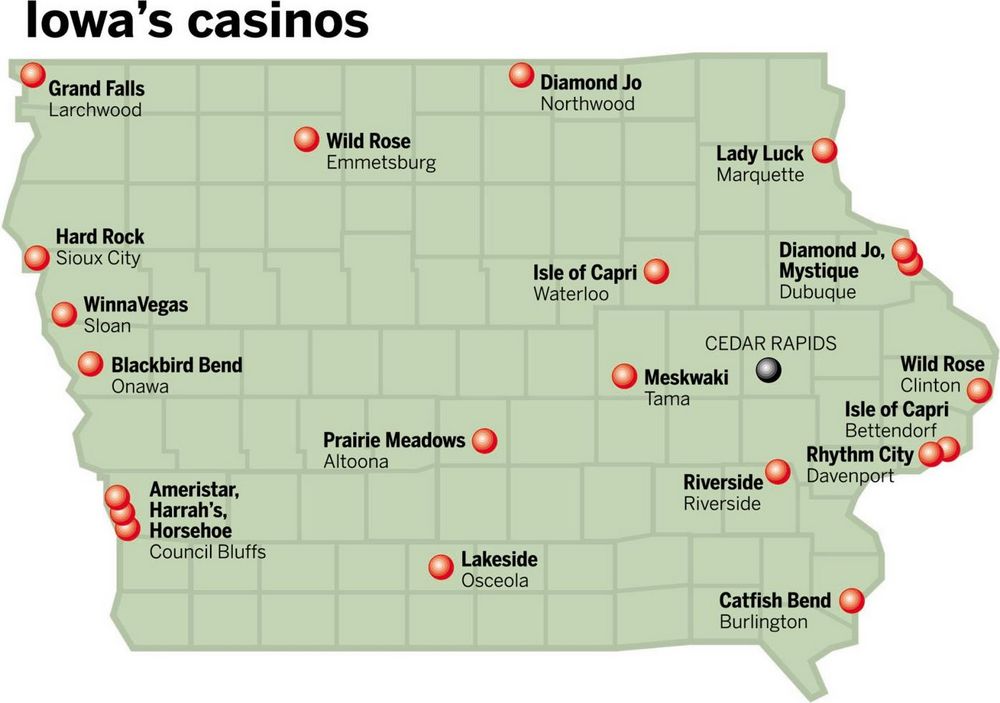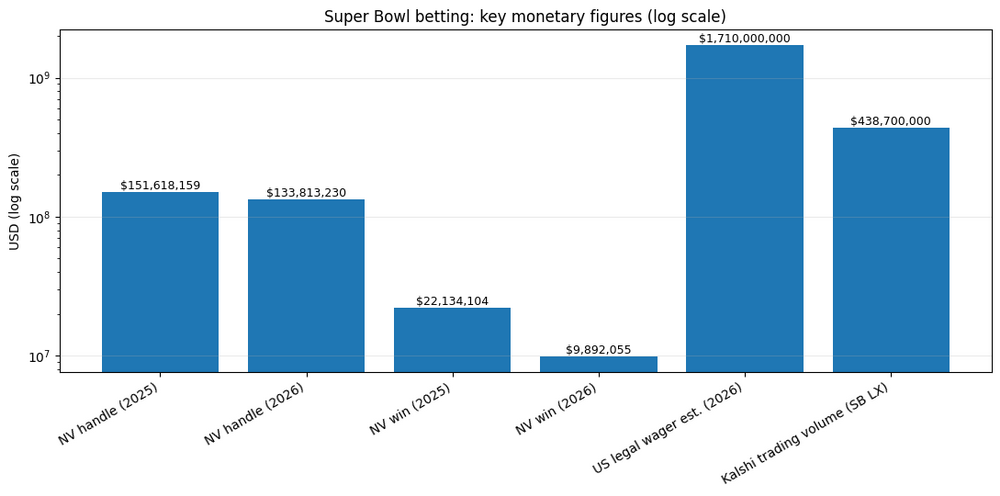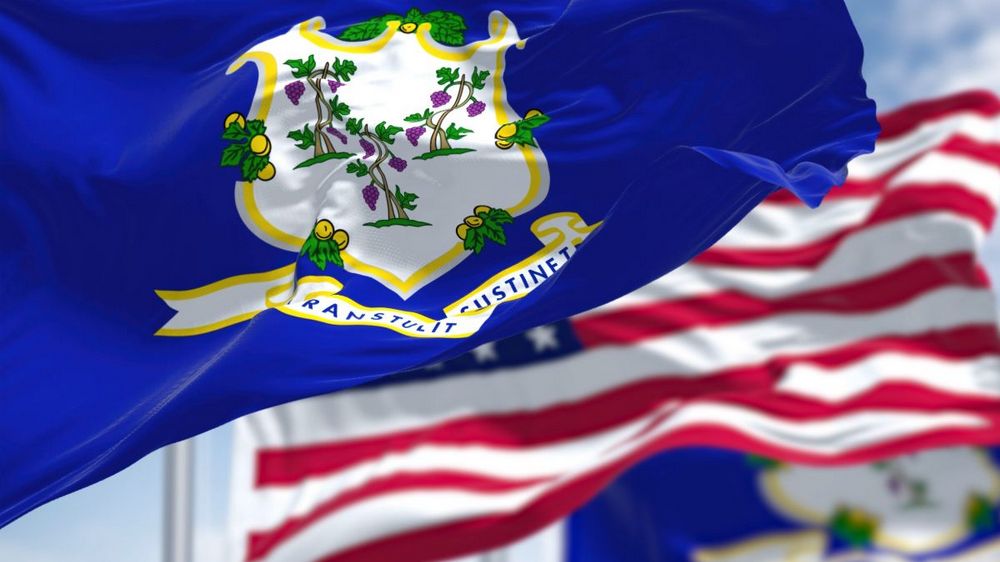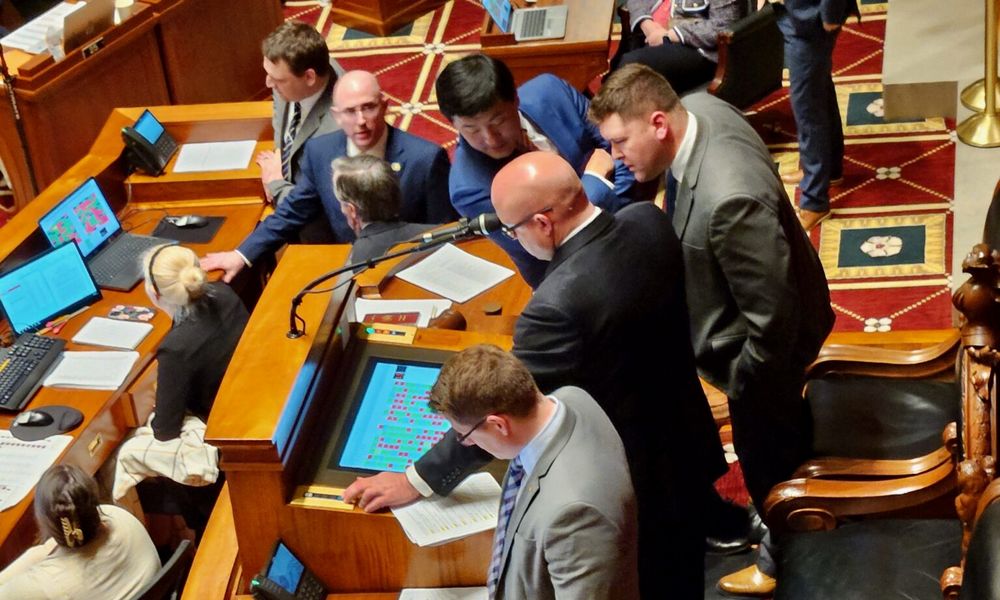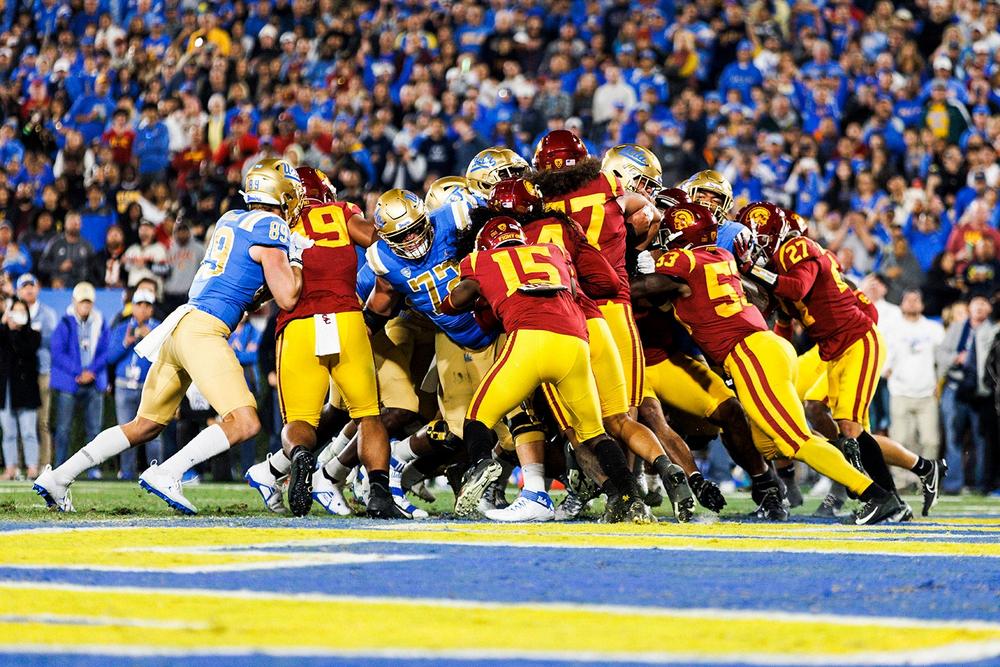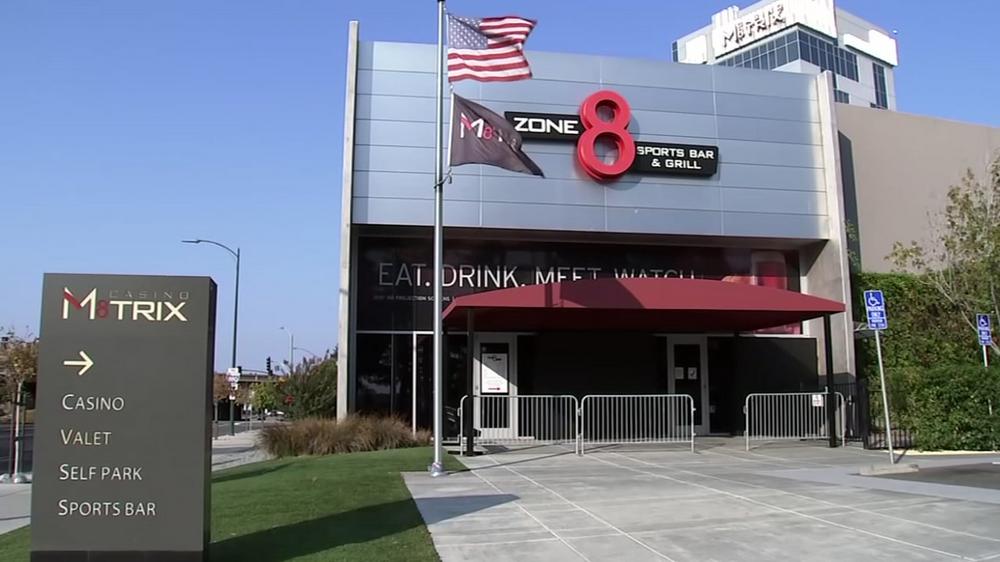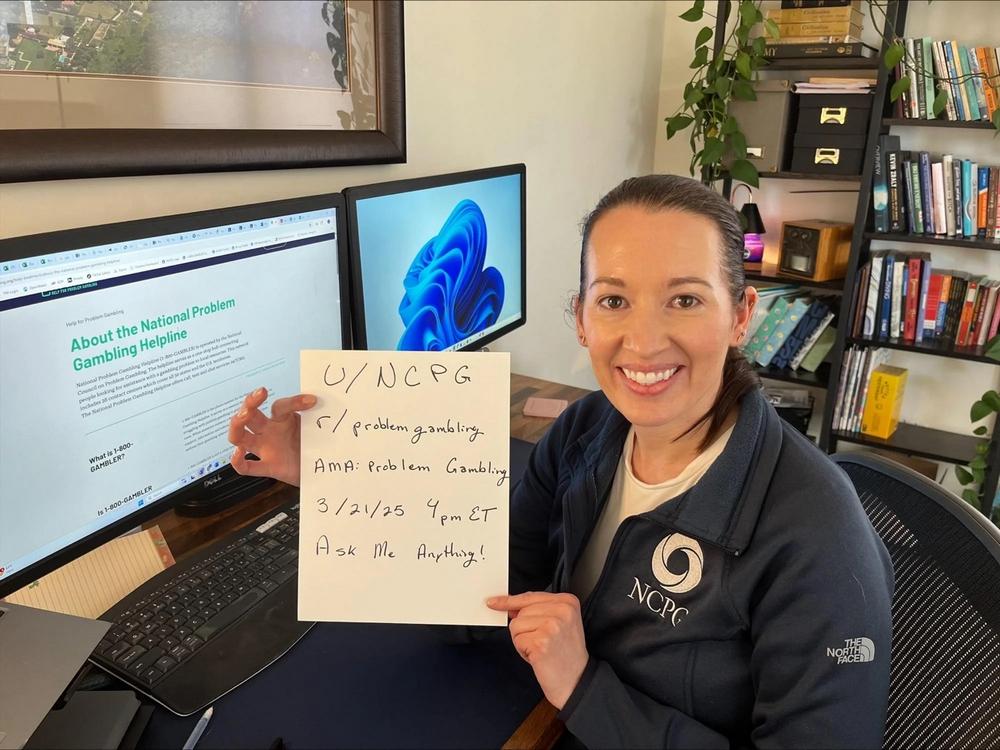Past week The NCAA is sounding the alarm over the expansion of prediction markets into college football, warning that these products could compromise the integrity of games and expose student-athletes to unnecessary risks.
In a statement released this week, Tim Buckley, NCAA Senior Vice President for External Affairs, said the association is “deeply concerned by the launch of unregulated and unprotected markets that pose a threat to competition integrity and student-athlete safety.”

The comments come in the wake of Robinhood’s partnership with Kalshi, a federally registered exchange, to offer event contracts tied to college football. Traders can now buy and sell positions on outcomes ranging from game results to the Heisman Trophy winner, all under the oversight of the Commodity Futures Trading Commission (CFTC) — but outside the reach of state sports betting regulators.
Robinhood has defended the move, stressing that event contracts are fully compliant with U.S. law. A company spokesperson said the products “provide a transparent, regulated way for customers to express views on real-world events, with safeguards akin to those in financial markets.”

Tim Buckley, NCAA Senior Vice President for External Affairs
Still, critics fear a dangerous gray zone. While sportsbooks like DraftKings and FanDuel remain bound by state gambling statutes, prediction markets fall under commodities law, raising questions about how integrity rules will be enforced.
Prediction markets disrupt traditional betting, raising alarms in tribal jurisdictions
Industry observers say the stakes couldn’t be higher. College football is one of the most bet-on sports in America, and the NCAA’s warning suggests it will lobby Congress, statehouses, and federal agencies for tighter guardrails. For now, prediction markets are a legal product with federal backing. But with the NCAA sharpening its rhetoric and policymakers circling, it’s clear this play has just entered the red zone — and the next move could reshape the landscape of college sports wagering.












